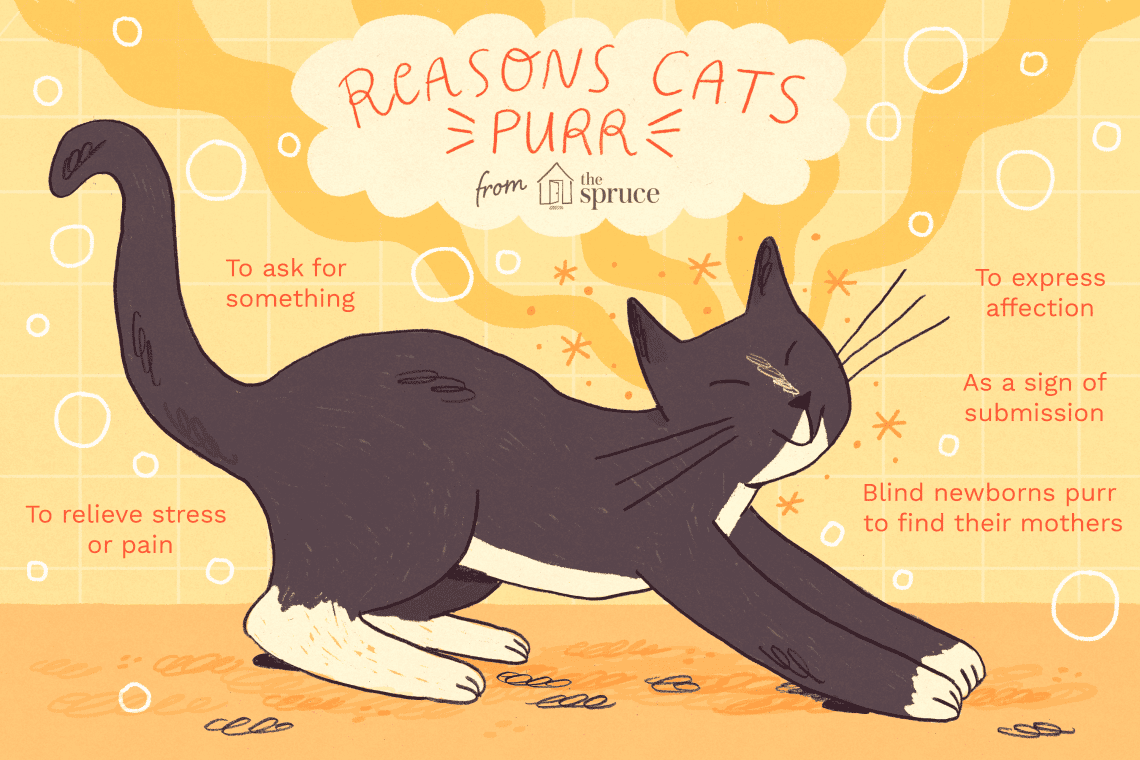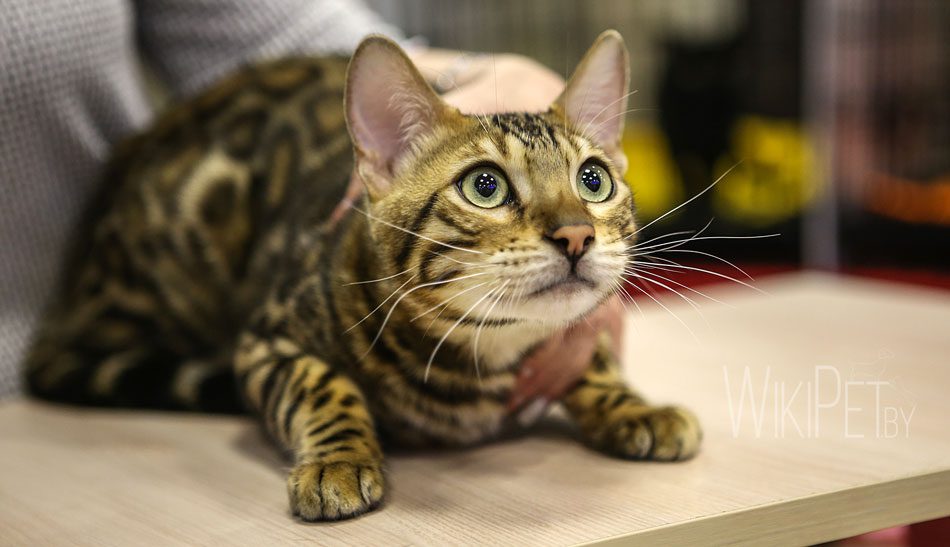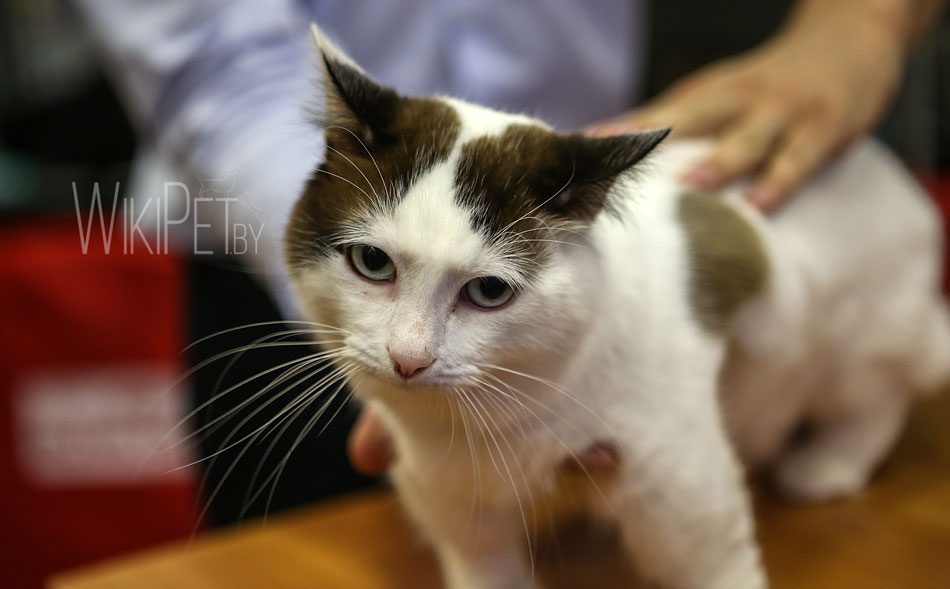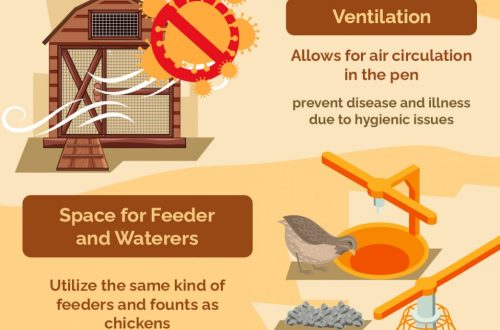
Why a cat is good in the house: facts about purrs
Is it good to have a cat in the house? Happy cat owners will certainly answer in unison, which is useful. Therefore, let’s write down what exactly are the advantages of having a purr next to us and answer a few main questions.
Contents
Do cats help with stress?
They really help too!
There is an opinion that from 15 to 30 minutes in the company of a cat can calm nerves and improve mood. And purring owners will attest that pets do help reduce stress levels. Surveys show that 74% of owners have experienced a positive change in their condition as a result of purchasing a pet.

Another observation: videos with cats on the Internet have a positive effect on the emotional background, including helping to cope with negative emotions. From this we can conclude: if the cat in the video has such an effect on our mood, being next to a real cat must be even better!
How does our brain behave when we pet a cat?
The US National Center for Biotechnology Information concluded that when we spend time with animals, we increase oxytocin levels in the blood, and he is known to everyone as the hormone of affection. Our body produces oxytocin when we are in love, and this improves our overall well-being. While playing with a cat, serotonin and dopamine are also released, which increase mood. However, this is true for communication with a dog.
Do cats help lift your mood and reduce anxiety?
As already mentioned, while playing with cats, our body produces dopamine and serotoninthat improve mood.
A 2016 study found that cats can benefit humans by boosting mood and reducing anxiety. Pets have also been proven to help owners meet new people and make friends.

How do cats reduce the risk of cardiovascular disease and heart attack?
A cat in the house is good for the heart, not only figuratively, but also literally. It has been scientifically proven that the owners of these four-legged animals have a much lower risk of dying from cardiovascular diseases and stroke.
And scientists at the Center for Stroke Research at the University of Minnesota conducted a massive study of 4435 people aged 30 to 70 over a 20-year period. The study ended with a conclusion – the owners of cats lower risk of heart attack on 40%.
How does purring heal?
The fact that purring is very helpful in relaxing is a well-known fact. But did you know that it can also help a person’s bones and muscles recover faster?
It’s not a joke! Purring usually creates vibrations between 20 and 140 GHz. And some studies claim that frequencies from 18 to 35 GHz can have a positive effect on healing of various injuries. So, if it suddenly happens that you pulled a muscle while jogging, now you know who to contact (but, of course, don’t forget to look at the doctor).
How do cats affect sleep?
Many owners claim that they sleep much better in the company of a cat than in the company of another person.

This is true not only for cats, but also for other pets. And recently, a sleep clinic has come to the same conclusion. According to them, 41% of people say that animals positively affect their sleep. But there were also 20% who said that the pet in bed, on the contrary, prevented them from sleeping.
How do cats make us more attractive?
Tip for men: add a cat to your avatar! it increase your attractiveness in the eyes of the opposite sex. A study on the subject states that women are more attracted to men who have pets, and that 90% of them find cat owners to be more caring and welcoming than those who don’t.
How do cats affect children?
Animals (particularly cats) in a home with children are good. This is the conclusion of a study proving that animals help reduce the likelihood of allergies in children to a minimum. And some scientists suggest that cats can prevent the development of asthma in babies.
Now you know what to answer to those who claim that they “do not understand these cat people”!
Translated for WikiPet.You might also be interested in: Ginger cats in the house – fortunately and money!«





